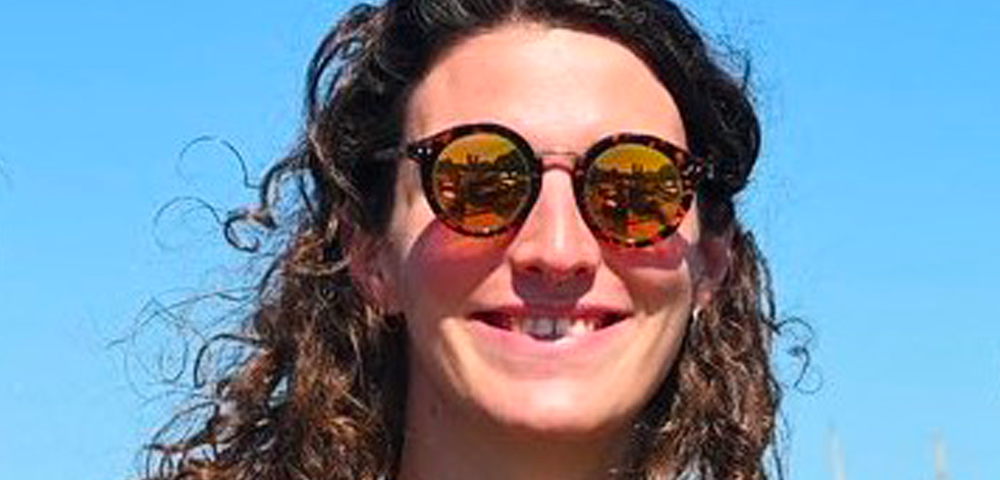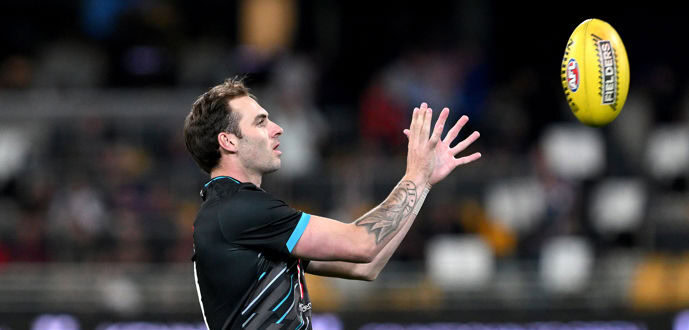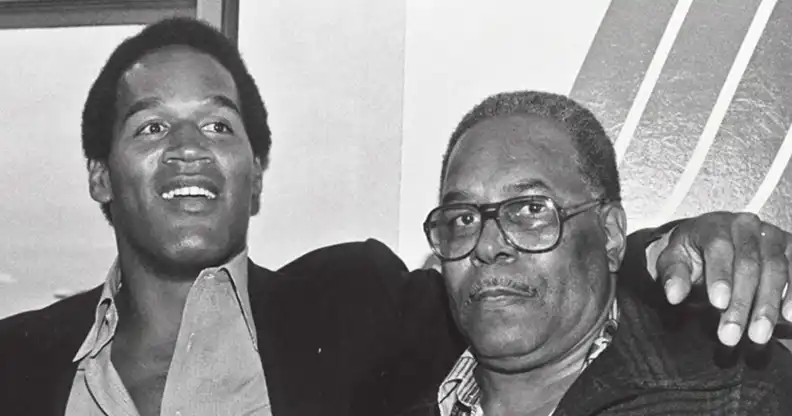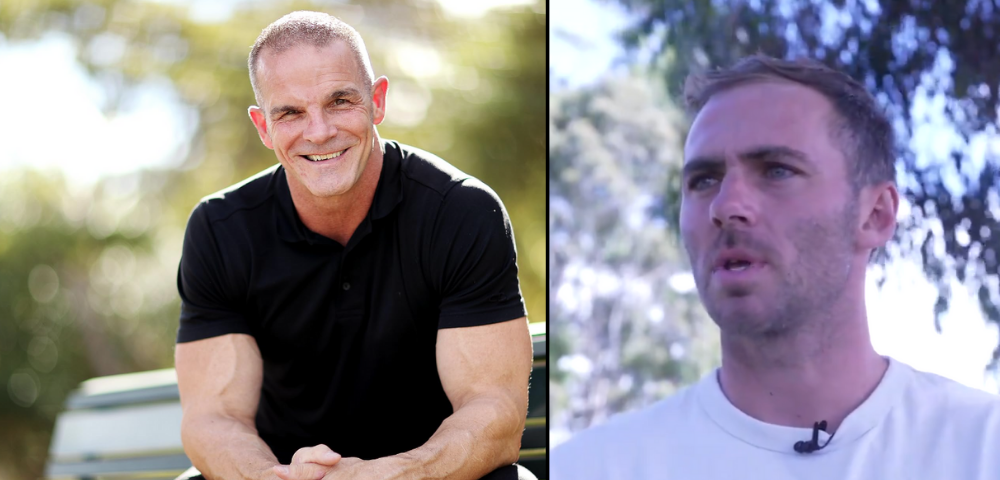
AFL plays ball with new anti-homophobia program


(PHOTO: Ari Neubauer)
BEN RILEY & SERKAN OZTURK
THE AFL is incorporating homophobic vilification into its diversity education program for the first time, using a short film about gay amateur Aussie Rules footballer Jason Ball to educate players about the impacts of homophobia.
The film will be shown to all first- to-third year players as part of the code’s Respect and Responsibility program, and depicts Ball’s experiences coming out and being the subject of homophobic abuse.
Not one of the currently active 800 AFL footballers or any of the more than 8500 players to have played in the sport’s 115-year history has been openly-gay or bisexual.
AFL spokesperson James Tonkin told the Star Observer the film formed part of a broader education strategy that included a focus on racial and religious vilification, equality and mental health.
“Jason Ball’s story is a powerful way to create greater understanding and awareness of the impacts of homophobia,” Tonkin said.
The Yarra Glenn footballer won plaudits in mid-2012 after he decided to put himself out there as the code’s only openly-gay player in the wake of controversy surrounding homophobic comments made by then-St Kilda forward Stephen Milne.
“From my experience, a personal story definitely has the power to change hearts and minds,” Ball told the Star Observer.
“It means people can connect on an emotional level to an issue that they otherwise might not be able to relate to. The fact that my story is about football is what really helps I think, because I’m just one of them.
The program’s expansion to include sexual orientation reflects a push by the AFL to reduce homophobia, with the code signing up to the No to Homophobia campaign in 2012 after pressure from a public petition initiated by Ball.
A 2010 study, Come Out To Play, by Victoria University sports lecturer Caroline Symons found that the sport gay men identified as being most excluding based on their sexuality was AFL.
“In 2009 the AFL’s rule dealing with on-field racial and religious vilification was expanded to also prohibit vilification on the basis of sexual orientation, preference or identity,” Tonkin said.
“This rule was established to send a clear message that such behaviour is not acceptable. The AFL believes that vilification based on sexual identity is as offensive as vilification based on race, religion, colour, origin or disability.”
In an interview with Fairfax Media, Ball said the push for better anti- homophobia education was partly because of concerns of members from country and suburban Aussie Rules leagues that they would not know how to handle a player coming out as gay and facing discrimination.
In their comments to the Star Observer, the AFL did not address questions about whether the code was ready for a gay player to come out.
Ball however said he felt confident that the culture surrounding the sport was changing for the better.
“Moving forward, I’m hoping that the AFL will turn their education outward and help raise awareness about these issues to the wider football community, fans in particular,” he said.









